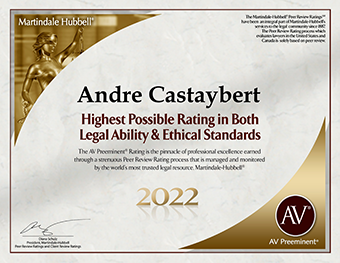March 18, 2024
At the end of the mediation process, the mediator typically delivers a closing statement, marking an important moment in the proceedings. Closure is essential to ensure that all parties have addressed their concerns and interests, including any underlying relationship issues. Mediation ends in agreement, partial agreement, or no agreement, with the mediator reinforcing commitment to any agreements reached. Typically, the mediator’s closing statement expresses gratitude to the parties for their participation and effort throughout the mediation.
A mediator’s closing statement typically covers:
- Substantive Elements: Ensuring parties understand resolution terms.
- Procedural Details: Outlining next steps, timelines, and responsibilities.
- Psychological Satisfaction: Ensuring parties feel heard and acknowledged, potentially facilitating apology or forgiveness to aid in reconciliation.
- Relational Outlook: Commending parties for open communication and expressing optimism for positive future interactions.
In cases of partial or no resolution, the mediator focuses on terminating the mediation positively, acknowledging progress and any agreements made and offering hope for resolution of remaining issues. The mediator may also highlight achievements such as information sharing during mediation that left the dispute in a better state than when the mediation began. The mediator often encourages parties to continue efforts, with the possibility of further mediation sessions.
Counsel representing parties during mediation can also play important roles in closing and termination:
- Ensuring clients grasp agreement terms and consequences.
- Documenting the agreement and ensuring its terms are clear, understood, and legally binding.
- Managing clients’ expectations regarding the mediation process’ outcome, particularly in cases of partial resolution or failure to reach an agreement.
- Advocating for clients by ensuring that any outstanding client concerns are addressed in the closing statement.
- Guiding clients on future settlement discussions and next steps after termination.
Counsel’s involvement in the closing and termination of mediation enhances understanding, cooperation, and resolution, maximizing mediation effectiveness.
To read how Castaybert PLLC can assist you with mediation, click here.







